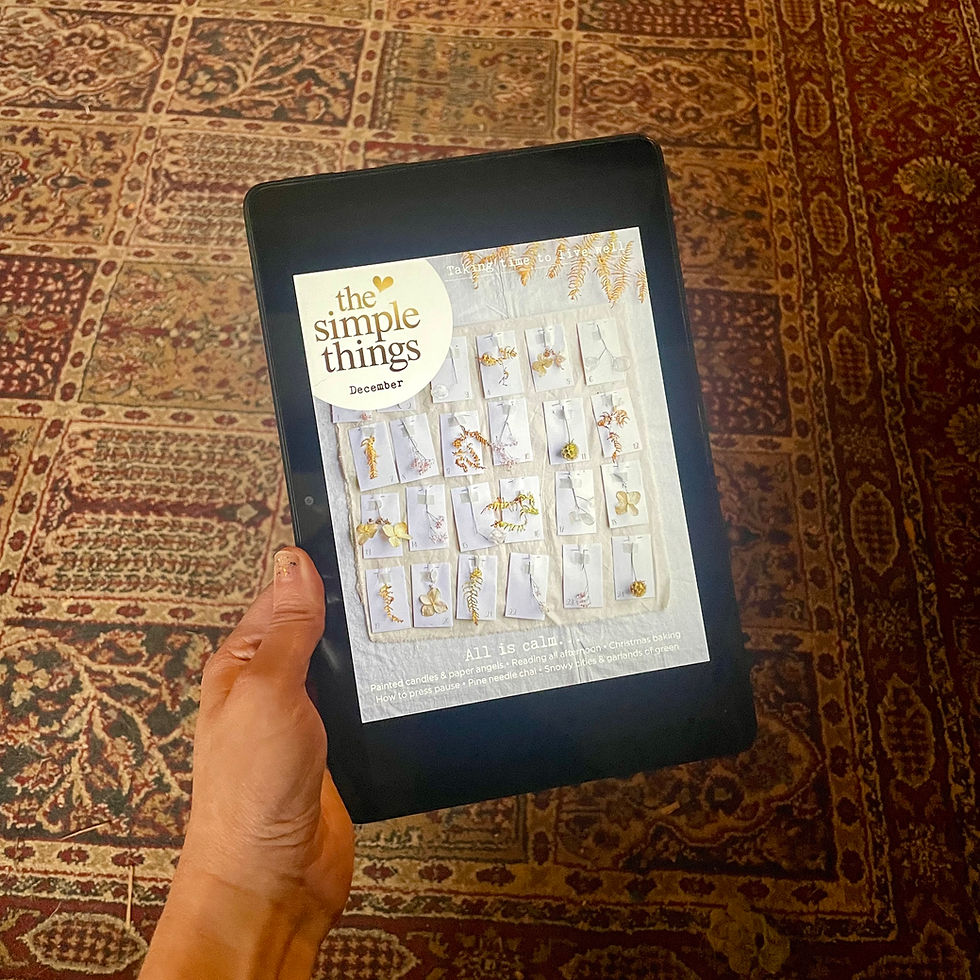Researching Sustainability
- hello@makingroots.co.uk

- Apr 13, 2020
- 4 min read
Updated: Mar 15, 2025
Researching science, sustainability and conservation is what we do. But, if you’re serious about this lifestyle, do not take our word for it. Use us as a base, an inspiration to find out topics to research yourself. Blogs, social media is a great way to get inspired, but not a great place to focus your research, beliefs and ultimately lifestyle. Critically reviewing everything you read is an important tool, that will help you cement rounded, constructed ideas on how to deal with a sustainable lifestyle and beyond. This is a tool that is an important part of an informed life. Many “sustainability” related themes do not have one size fits all answer. Diet is one of those themes.

Peer Review: Before scientific papers are published in journals or papers, they are peer reviewed. This means that a team of experts in the same field review and scrutinise their work. They might check the numbers add up, that the work is ethical, that is makes sense and that it makes a meaningful addition to the scientific literature. Why is this important to you? Many sources in our modern world do not receive the quality control and monitoring that peer review receives. Social media is unregulated and unchecked, meaning you can pick up advice from anybody, and there is a good chance it may be inaccurate. Reading for yourself from the scientific literature, it's more likely that it is a better source.
Where can you find research? Scientific research is your first choice, once you’ve found a topic you want to know more about. Head to google scholar and search some keywords. Some research you will not be able to access without costly subscriptons, but you CAN read the abstract. The abstract is juicy nugget explaining the article. It’s normally easy to read. Simple, but if there is something in the article that you don’t understand- google it. It helps digest the issue, trust me. I often google new words. Some articles you will have full access to, but changes are coming to make all research available. They will normally have the following format: Abstract: A juicy little nugget summarising the paper. If you can only get access to this part, thats ok, but it is always better to read the whole paper if you can. Introduction: This will normally include an overarching idea of why they are researching the issue. I love this bit, it’s a juicy nugget of information setting the scene for previous work in the field. Method: This part can be complicated… It will discuss how they went about doing their research. It’s good to try and understand this, if you can. Sometimes in the method you will see key flaws. Case studies, using one examples are usually not very good to draw large conclusions from for example. Otherwise, head to the conclusions where you will get a better idea of what they found, and the shortcomings. Findings: This section will be purely to digest the figures, the numbers and statistics, or qualitative data. Conclusion: This is where the authors will put the findings into qualitative findings. Discussion: My favourite part of a paper, where the findings are put into context.
Stick on your critical hat
So, you've found a scientific article, researching something that you're interested in. This is the first positive stage. Next you need to critically analyse the paper. Can you trust it? Does it have unbias funding? Is there a conflict of interest? Papers will often state impartial status somewhere if they are just that! Some will state employment in an important stakeholder. A paper stating the environmental benefits of milk, funding by a Dairy Association might be bias.
Read more
Once you've read one paper, read more. It's very tricky to make any conclusions from one paper. The more you can read on or around the topic, the better. Find key terms from the papers you have already read, and put them into google scholar. Search for a few different phrases for something similar. For example, when searching the environmental impact of dairy I might search for: - Environmental impact of dairy/ cheese/ milk - Life Cycle Analysis dairy/ cheese/ milk - Carbon/ dairy/ milk/ cheese - Water use dairy/ milk/ cheese - Ecosystem impact dairy/ milk/ cheese - Ecology dairy/ milk/ cheese
Be critical on social media
When you are reading information on social media, ask for sources, check who it is telling you the information you're reading, check if it's sponsored or an ad. Be careful with who you fill your feed with. These people will literally influence you!
Everybody online can make a mistake or misjudgment. Just make sure you follow people who are doing their best to be as ethical as possible. Environmental damage for a "like" is not ethical.
Documentaries
Documentaries are an easy, incredibly enjoyable source of inspiration. But they shouldn't be relied upon for information. Documentaries can be very extreme or bias in their output. Be wary of what you watch, and also check out ideas through peer reviewed science.
I know it might seem daunting. But being critical of sources and where we all get our information from is vital to developing a safe, sustainable and valid system going into our futures.







Comments